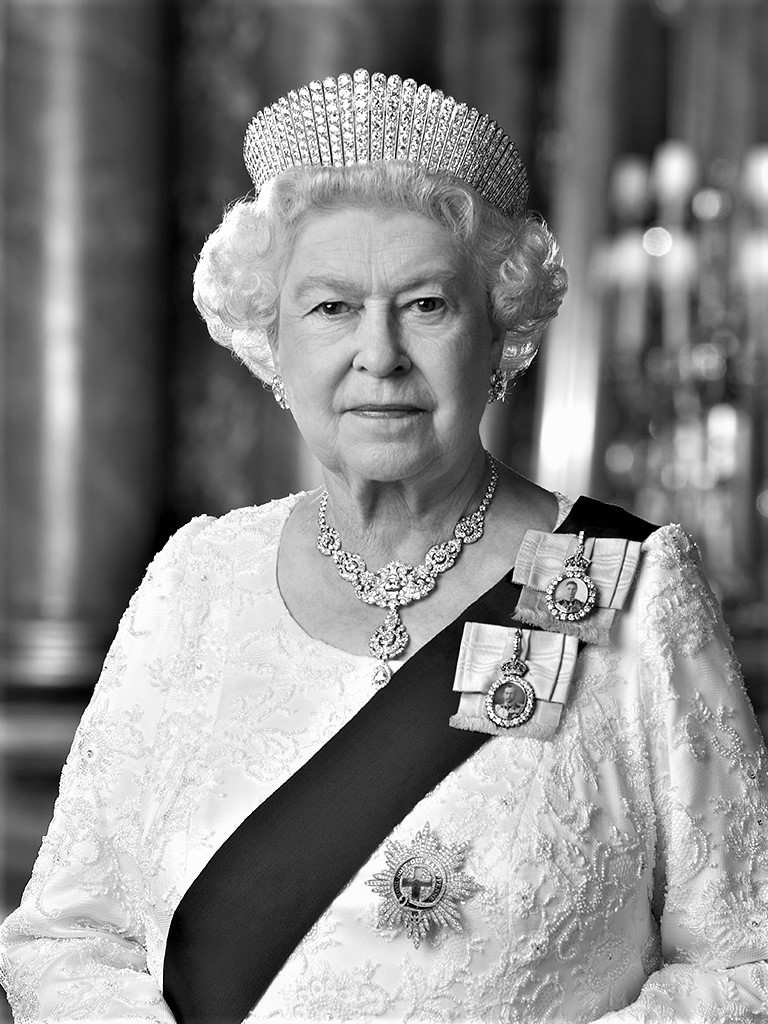Therapeutic Radiographers work in multidisciplinary teams with Clinical Oncologists, Nurses, Medical Physicists, Radiotherapy Equipment Technicians and other Allied Health Professions.
Therapeutic Radiography (Radiotherapy)
Radiotherapy is the treatment of cancer (and occasionally other conditions) using carefully controlled doses of ionising radiation.
Therapeutic Radiographers work as part of the oncology team and play a vital role in the delivery of radiotherapy. Their degree qualification, in oncology and the care of cancer patients, makes them unique in that they are the only health care professionals qualified solely in the care of cancer patients.
Therapeutic Radiographers are responsible for the planning and delivery of accurate radiotherapy treatments using a wide range of specialised technical equipment. Equipment is housed in bunkers which are designed to protect staff and the public from radiation. The need for bunkers and large pieces of equipment means treatment can only be delivered in appropriate hospital locations. The accuracy of treatment is critical to destroy the diseased tissue, while minimising the amount of radiation received by surrounding healthy tissue. Treatment can either be with curative intent or for palliation of symptoms.
Therapeutic Radiographers work in the Radiotherapy Department, which is situated within the Tayside Cancer Centre at Ninewells Hospital.
Therapeutic Radiographers work as part of the oncology team and play a vital role in the delivery of radiotherapy. Their degree qualification, in oncology and the care of cancer patients, makes them unique in that they are the only health care professionals qualified solely in the care of cancer patients.
Therapeutic Radiographers are responsible for the planning and delivery of accurate radiotherapy treatments using a wide range of specialised technical equipment. Equipment is housed in bunkers which are designed to protect staff and the public from radiation. The need for bunkers and large pieces of equipment means treatment can only be delivered in appropriate hospital locations. The accuracy of treatment is critical to destroy the diseased tissue, while minimising the amount of radiation received by surrounding healthy tissue. Treatment can either be with curative intent or for palliation of symptoms.
Therapeutic Radiographers work in the Radiotherapy Department, which is situated within the Tayside Cancer Centre at Ninewells Hospital.
Therapeutic Radiographers
Referral to Service
Many factors influence whether a patient will benefit from a course of radiotherapy as part of their cancer management. Patients will be referred for a course radiotherapy by a clinical oncologist if it is felt to be appropriate. The dose of radiation prescribed and the number of treatments required is decided by the Clinical Oncologist.

